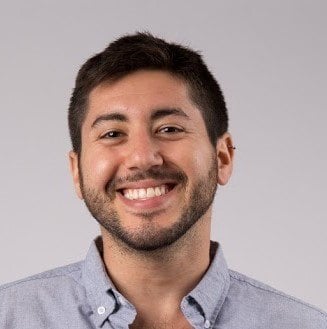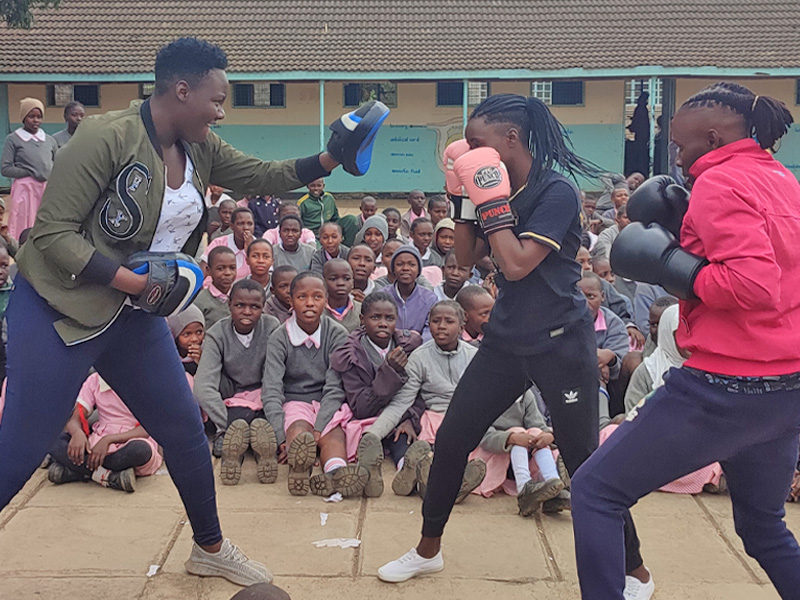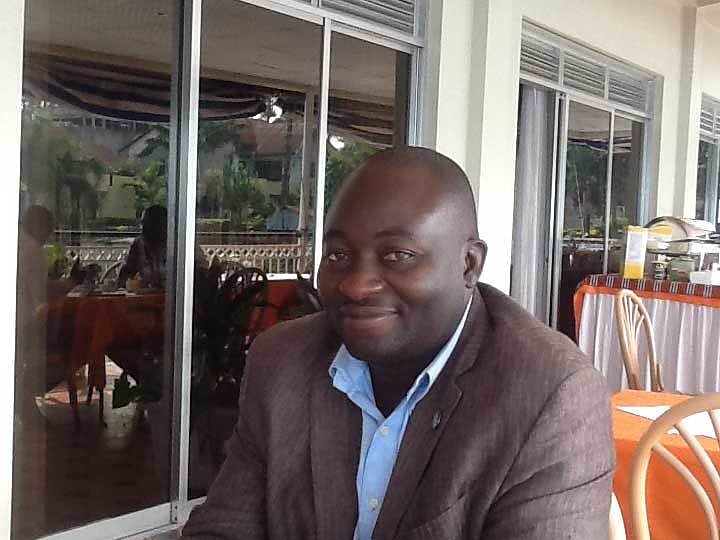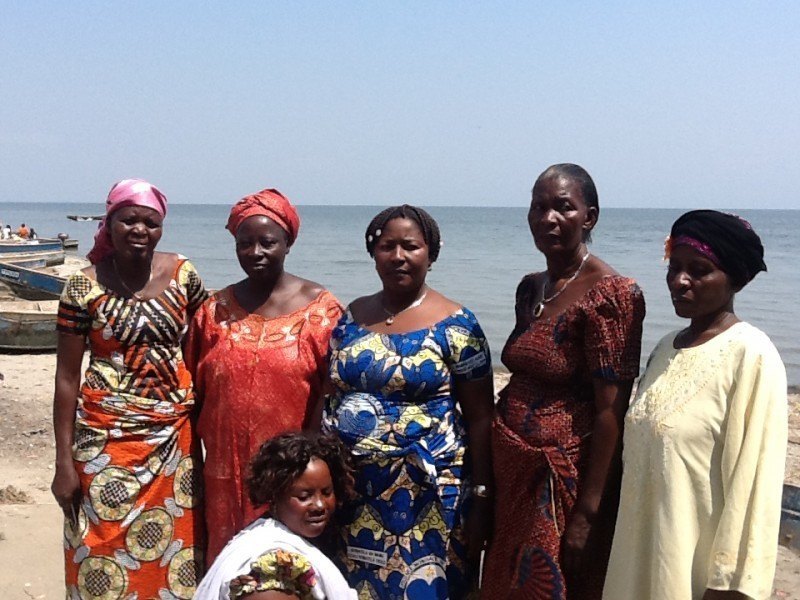Many young people in the Democratic Republic of Congo (DRC) can’t recall a memory of living in peace — because there simply hasn’t been one.
“I’ve only seen peace in films. But I’ve never seen it myself. It’s complicated in our country, but peace is something I dream of,” says Parfait Muhani, an activist living in Goma, in eastern Democratic Republic of Congo.
Parfait is a member of Lutte pour le Changement, or LUCHA, a Congolese citizens movement supported by AJWS that has been mobilizing youth for the past decade to fight for democracy, government accountability and peace across the country.

Africa’s fourth most-populated nation, the DRC has been steadily plagued by violence — often between warring militant groups and between these groups and the military — since 1996, when the chaos of the Rwandan genocide spilled into eastern Congo and ignited the First Congo War. But young activists refuse to let the past dictate the future.
An election with so much at stake
With a major election scheduled for December 2023, and amid a rise in political violence, LUCHA’s work to push people to the polls takes on new urgency.
Activists view the election as a moment of reckoning — and a hopeful step towards democracy — after months and months of crackdowns on protestors and corruption scandals.
In August, a Congolese colonel authorized the massacre of 56 protestors in Goma. LUCHA activists jumped into action advocating for justice, and even helped families identify loved ones who’d been killed. Earlier this year, a LUCHA activist was imprisoned for posting messages critical of the government on social media. And last year, DRC President Felix Tshisekedi was embroiled in a corruption scandal related to natural resource mining. Political tensions are high.
That’s why prior to this year’s election — in which the President Tshisekedi is running for reelection and 500 seats in the National Assembly are up for grabs — LUCHA is mobilizing a massive campaign. The movement’s tens of thousands of young members are fanning out across the country to ensure that the vote will be credible, free and safe by registering voters in rural areas, educating people about their local candidates,, and monitoring voting sites for any signs of violence, fraud or voter intimidation.
Because so few people in the DRC have Internet access, LUCHA’s education campaign must be conducted in person — activists will raise awareness in public places such as markets, streets and educational institutions.
Horizontal leadership giving everyone a say
Since its founding by students of the University of Goma in 2012, LUCHA’s membership has expanded and shrank along with their country’s political stability — from about 10,000 to upwards of 30,000. From the beginning, they’ve followed a ‘horizontal leadership’ model, meaning members of each of LUCHA’s 56 regional chapters rotate into a national steering committee. Power is always shared.
For LUCHA co-founder Micheline Mwendike, who today is an author and international advocate for peace, this leadership model is essential to the movement truly being a voice of the people.
“You see presidents everywhere — presidents of this or that. And sometimes these people stay there forever,” says Micheline. “But in LUCHA, no one holds power forever. That’s how we speak as a whole.”
From the steering committee to chapter activists—also called Lucheans— and their wider communities, word is spreading: for this election to represent us, we’ve got to vote — and ensure everyone knows it’s their right to do so. The movement itself refuses to prop up any specific candidate; their main objective is a free and fair election for all. Activists like Micheline and Parfait believe that this is an important step towards a fully democratic and peaceful DRC — and they’ve devoted their lives to building that future.
“Change must be born somewhere; it is not something we can just wait for. We’ve got to trigger change ourselves,” says Parfait. He returns, for a moment, to think of the peace he’s seen in films. “It is the activists who are the heroes here. They inspire me every day to keep working.”







